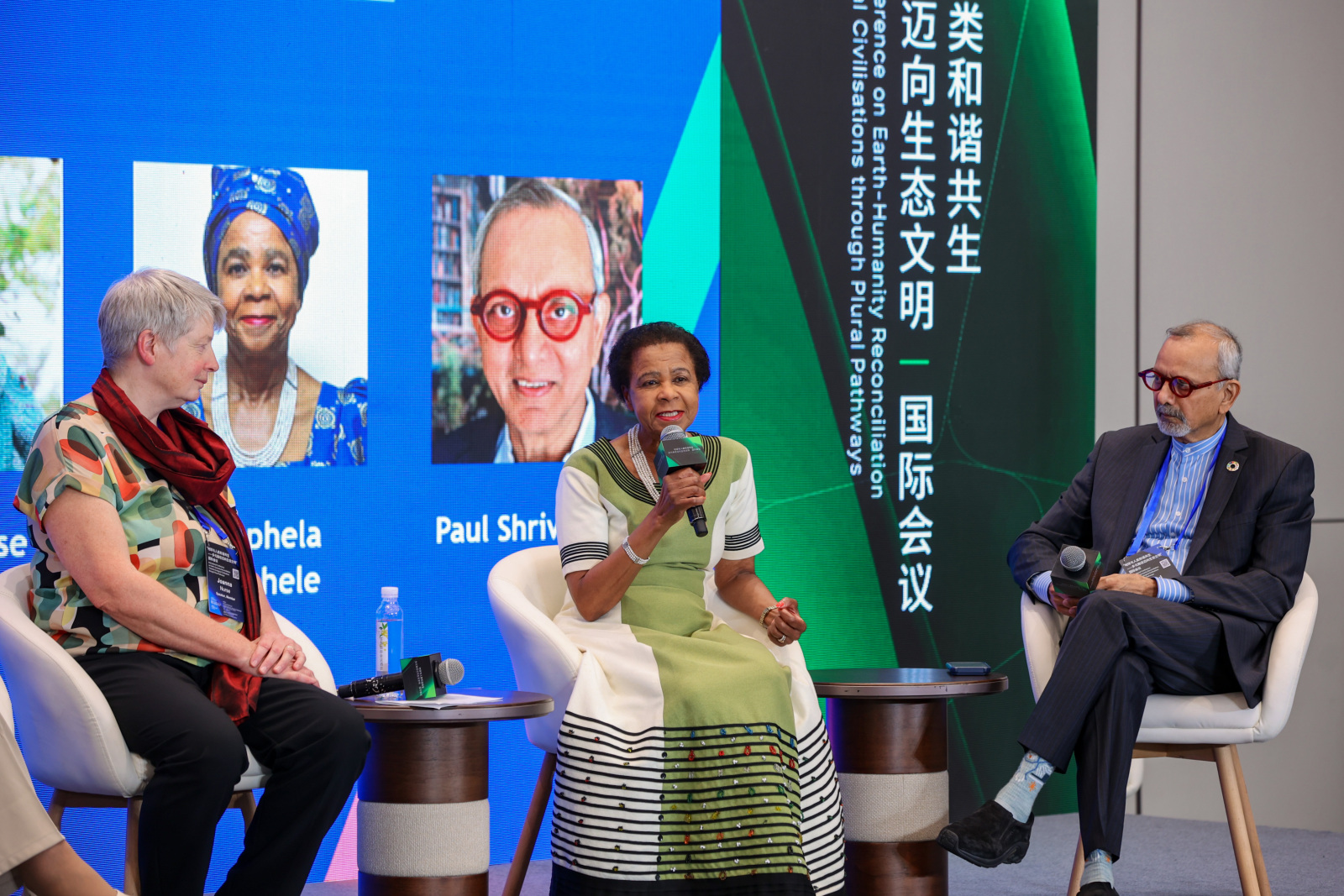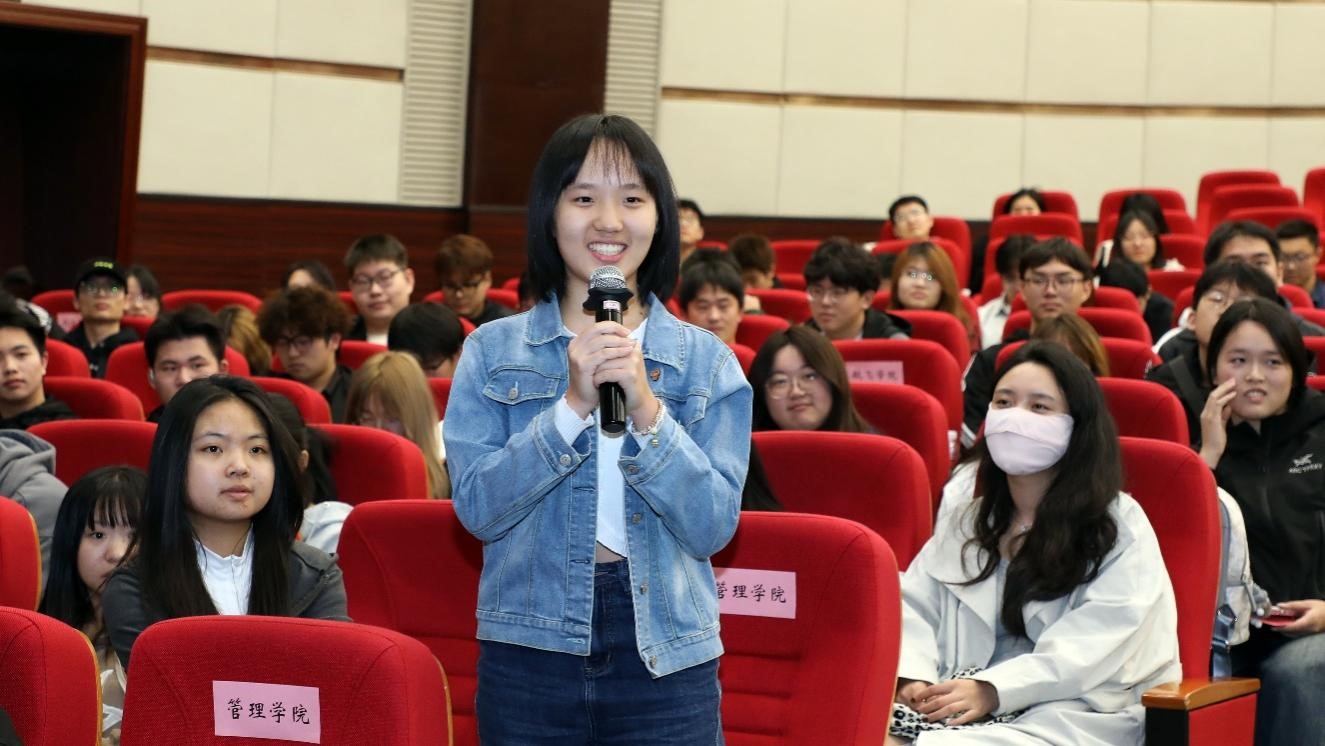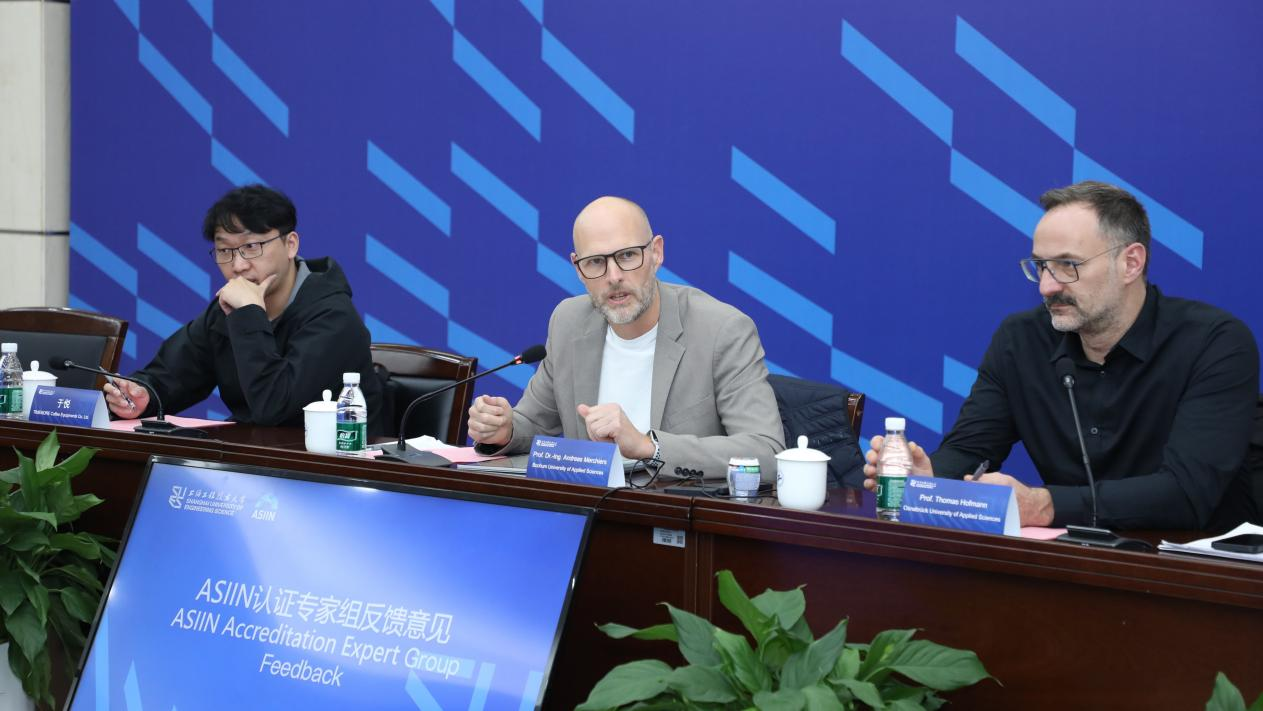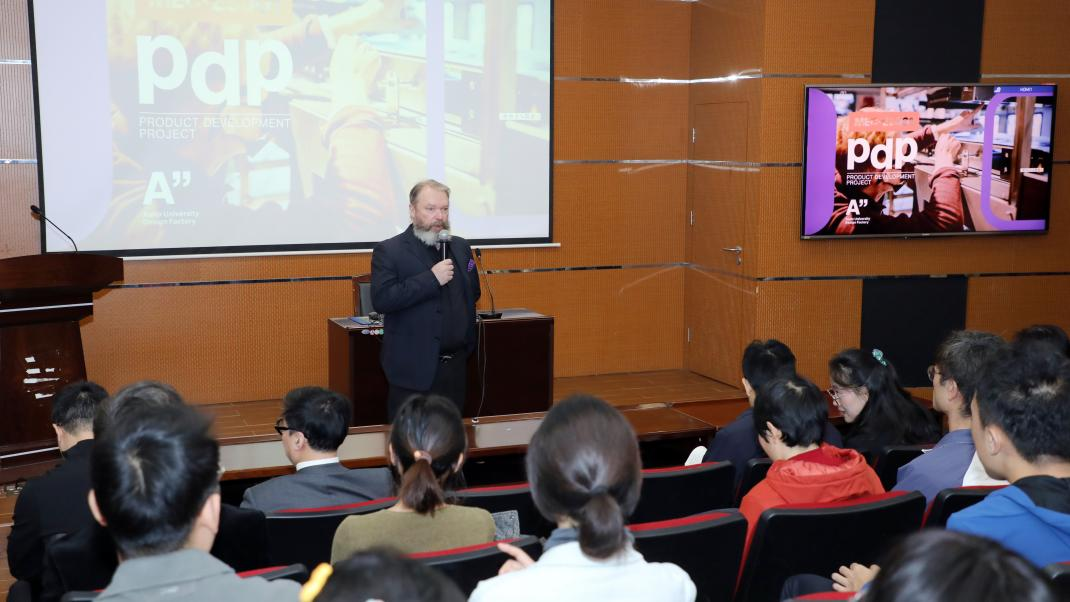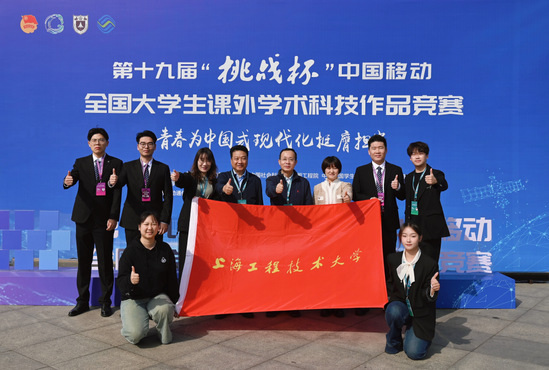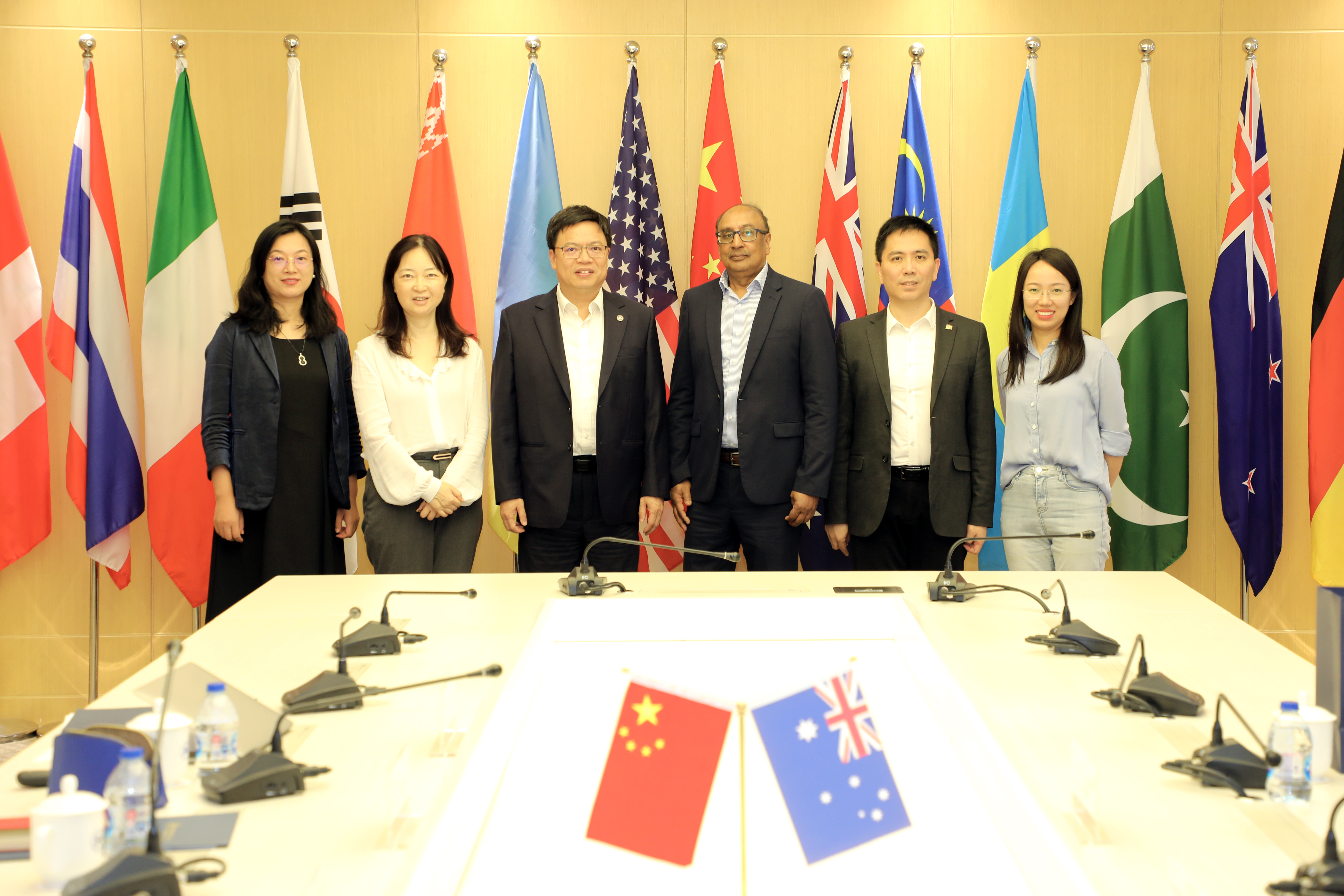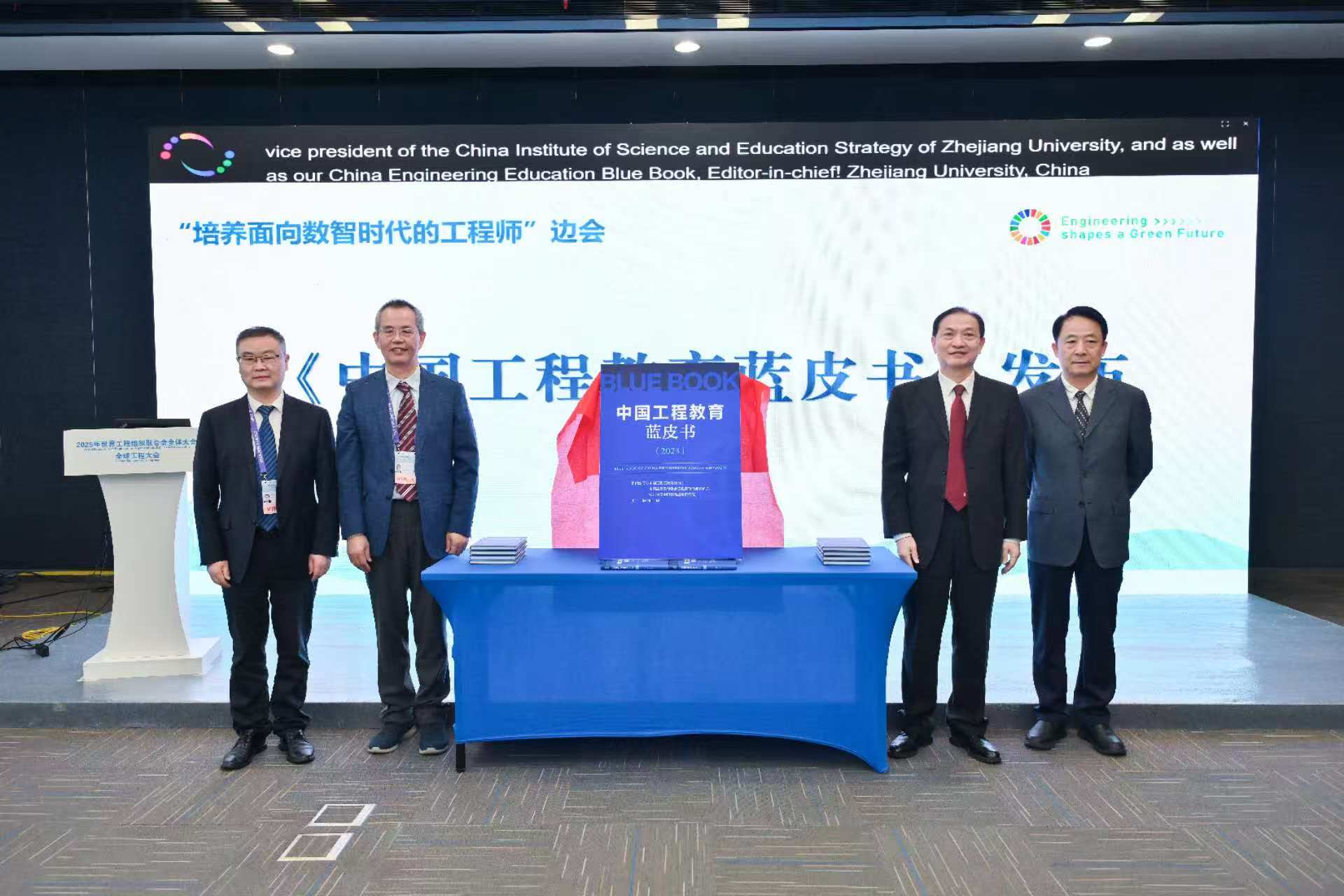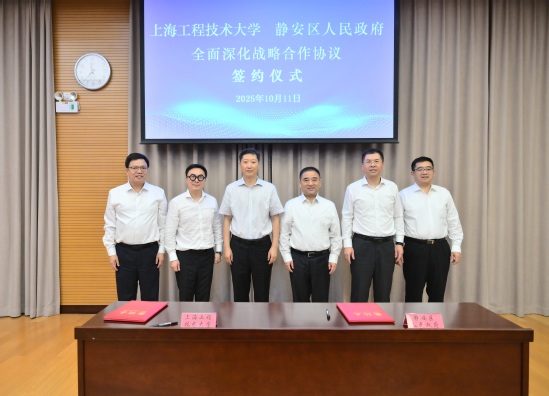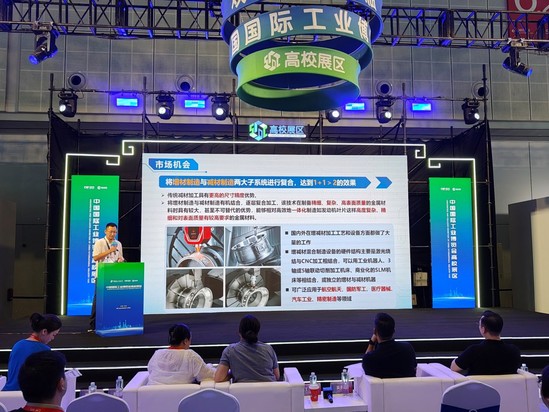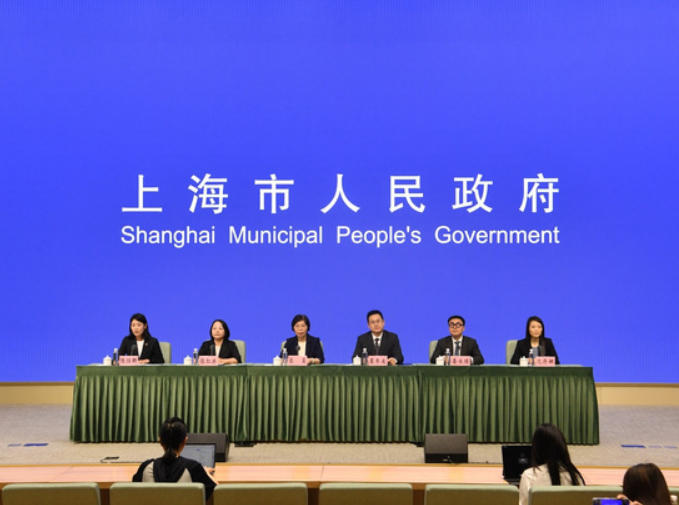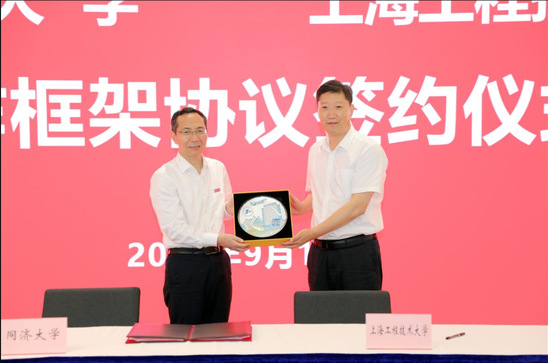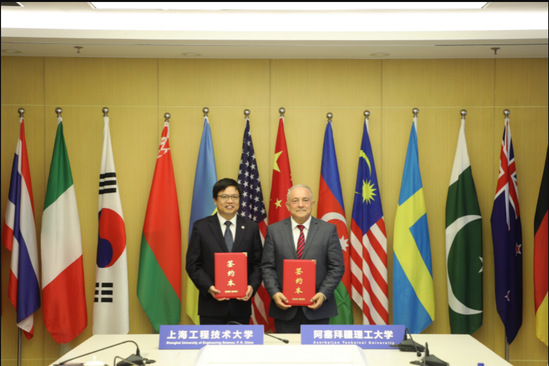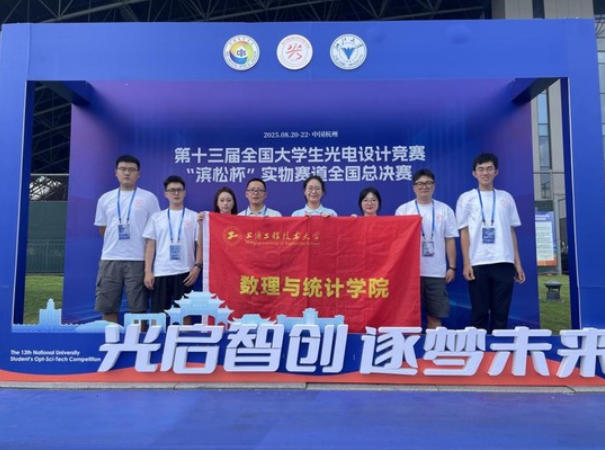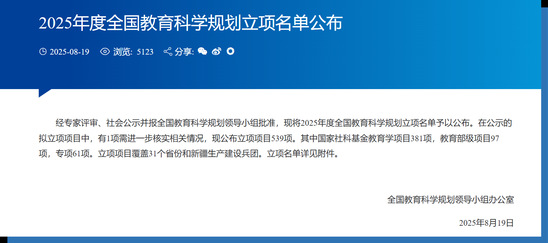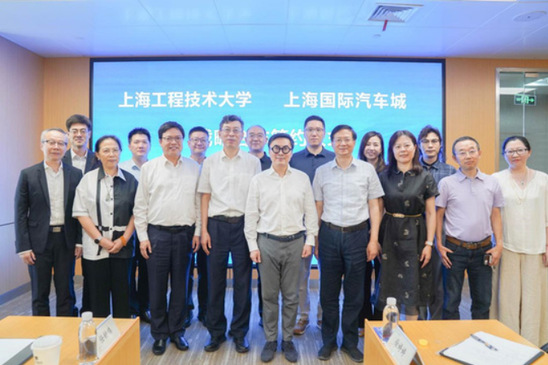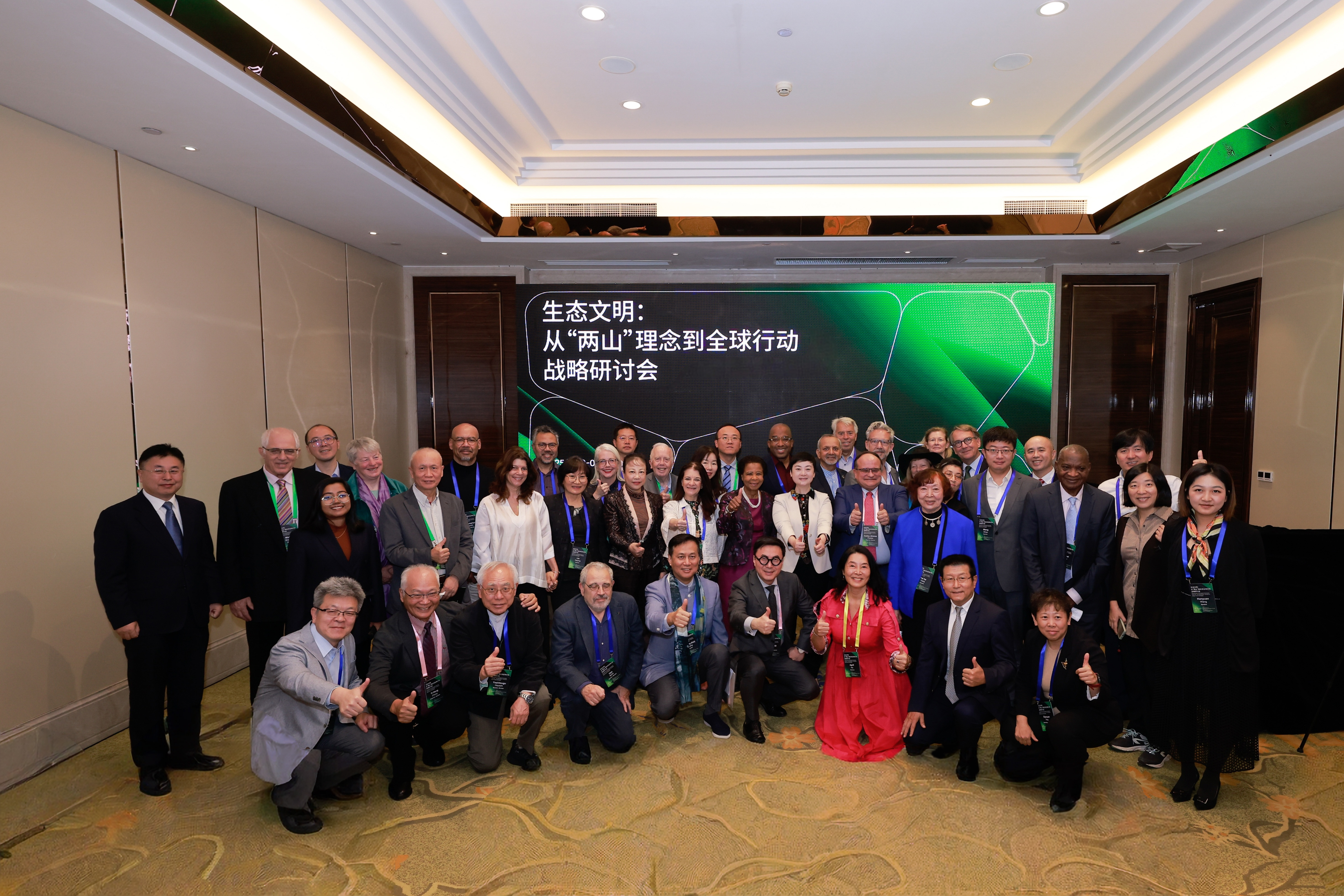
On the occasion of the 20th anniversary of President Xi Jinping's proposal of the concept that lucid waters and lush mountains are invaluable assets, the Symposium on Ecological Civilization: From the 'Two Mountains' Concept to Global Action Strategies, hosted by SUES, was grandly opened in Songjiang, known as the Root of Shanghai, from November 2 to 4. Nearly a hundred experts, scholars, representatives from international organizations, and business leaders from over 20 countries, including China, the United States, the United Kingdom, France, Germany, Italy, and Japan, etc., engaged in in-depth dialogues centered around China's practices and global pathways in ecological civilization construction.

Wang Jing, Deputy Secretary of the CPC Songjiang District Committee, District Mayor, and Secretary of the CPC Leadership Group of the District Government; Lou Yongqi, President of SUES and Fellow of Royal Swedish Academy of Engineering Sciences; and Zhang Min, Deputy Director and Level II Division Rank Official of the Industrial Green Transformation and Development Division at Shanghai Municipal Commission of Economy and Informatization, attended the event and delivered speeches respectively. Paul Shrivastava, Co-President of The Club of Rome and Professor of Management and Organizations at Pennsylvania State University, USA, and Carlos Alvarez Pereira, Fellow of the World Academy of Art and Science (WAAS), delivered keynote speeches at the opening ceremony. Professor Wang Yansong, Vice President of SUES, presided over the opening ceremony of the symposium.
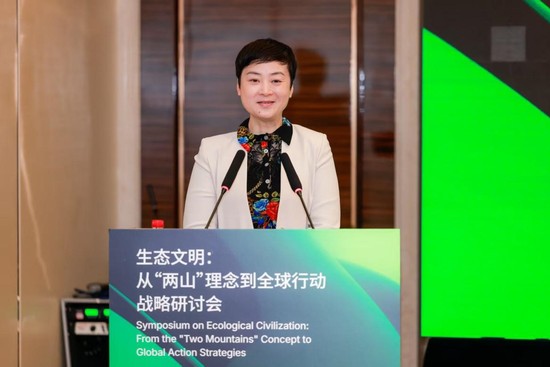
Wang Jing stated that President Xi Jinping's concept that lucid waters and lush mountains are invaluable assets profoundly reveals the dialectical unity between ecological and environmental protection and economic and social development, pointing the way forward for sustainable development in China and across the globe. Songjiang will collaborate with SUES to jointly build the Science and Innovation Source of Songjiang University Town, deepen the integration of industry, academia, research, and application, and apply more green technological innovations to industrial development, urban governance, and ecological construction in Songjiang.
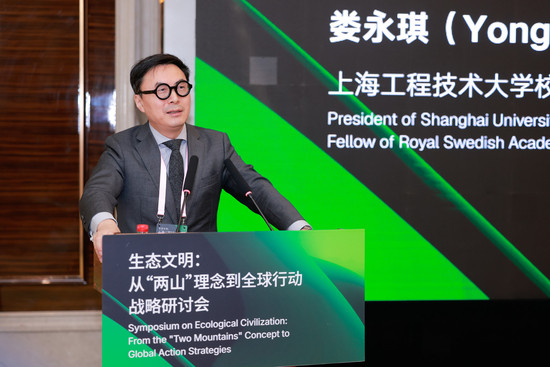
Lou Yongqi expressed that ecological civilization construction is not merely a concept but a comprehensive transformation involving industry, society, and education. Throughout history, every era's robust economy has been built upon its core infrastructure, such as steel and oil in the past, and the internet and artificial intelligence today. When human development reaches environmental limits, only by creating industrial and organizational economic forces commensurate with the problems can fundamental breakthroughs be achieved, which is the profound economic connotation of the Two Mountains concept. He emphasized that the economy of repairing the Earth will be the most robust in the future. Shanghai University of Engineering Science is committed to building a world-class application-oriented and innovation-driven university guided by sustainability, encouraging students to think about how to change the world from their first day on campus.
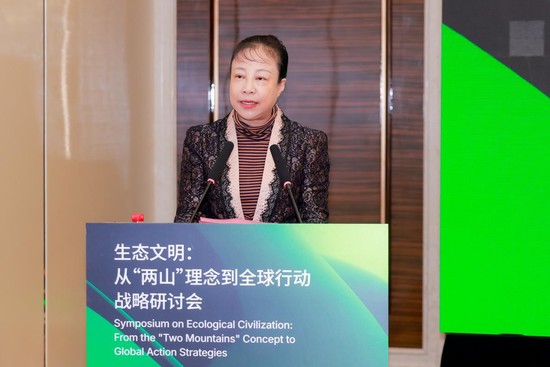
Zhang Min stated that Shanghai is actively promoting industrial green transformation through measures such as constructing a green manufacturing system, fostering new green growth drivers, and facilitating collaboration among government, universities, and enterprises, achieving remarkable results. She expressed her expectation that this symposium would open up new pathways for ecological civilization construction.
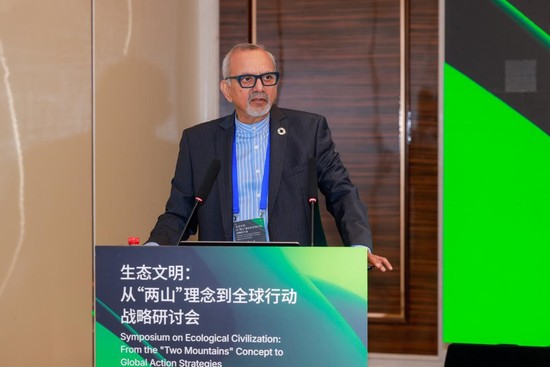
Professor Paul Shrivastava remarked that the Two Mountains concept serves as a universal metaphor for balancing nature and humanity, resonating across cultures and languages and sparking global. Ecological civilization is a global concept concerning all humanity, necessitating the establishment of a global consciousness and the formulation of a global ecological civilization strategy.
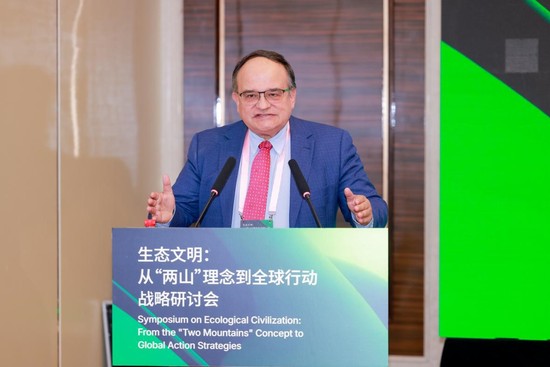
Professor Carlos Alvarez Pereira called for enhanced global exchanges of experiences in ecological civilization construction and joint exploration of sustainable development pathways tailored to each region's unique characteristics, guided by science to promote harmonious coexistence between humanity and nature.
The symposium featured five sub-forums covering cutting-edge topics such as responsibility management education, green finance, smart cities, urban and rural planning, and sustainable transportation. During the event, over 30 experts, scholars, representatives from international organizations, and business leaders delivered keynote speeches and held multiple roundtable discussions. The experts unanimously agreed that ecological civilization construction is not the responsibility of a single nation but a shared mission for all humanity.
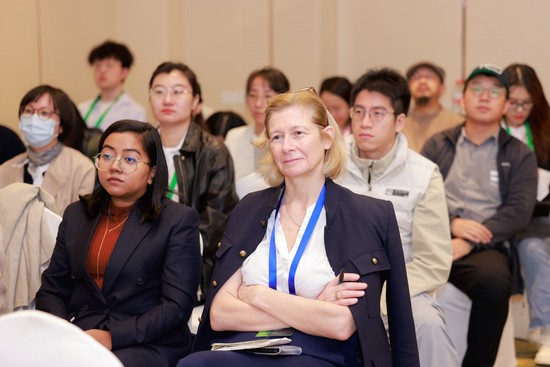
The symposium received support from organizations and institutions including the United Nations Educational, Scientific and Cultural Organization (UNESCO), World Academy of Art and Science (WAAS), Earth-Humanity Coalition (EHC), Shanghai Innovation Creative Design Institute, and the Research on Design-Empowered High-Quality Urban Development Philosophy and Social Sciences Innovation Team of Ministry of Education at Tongji University.






